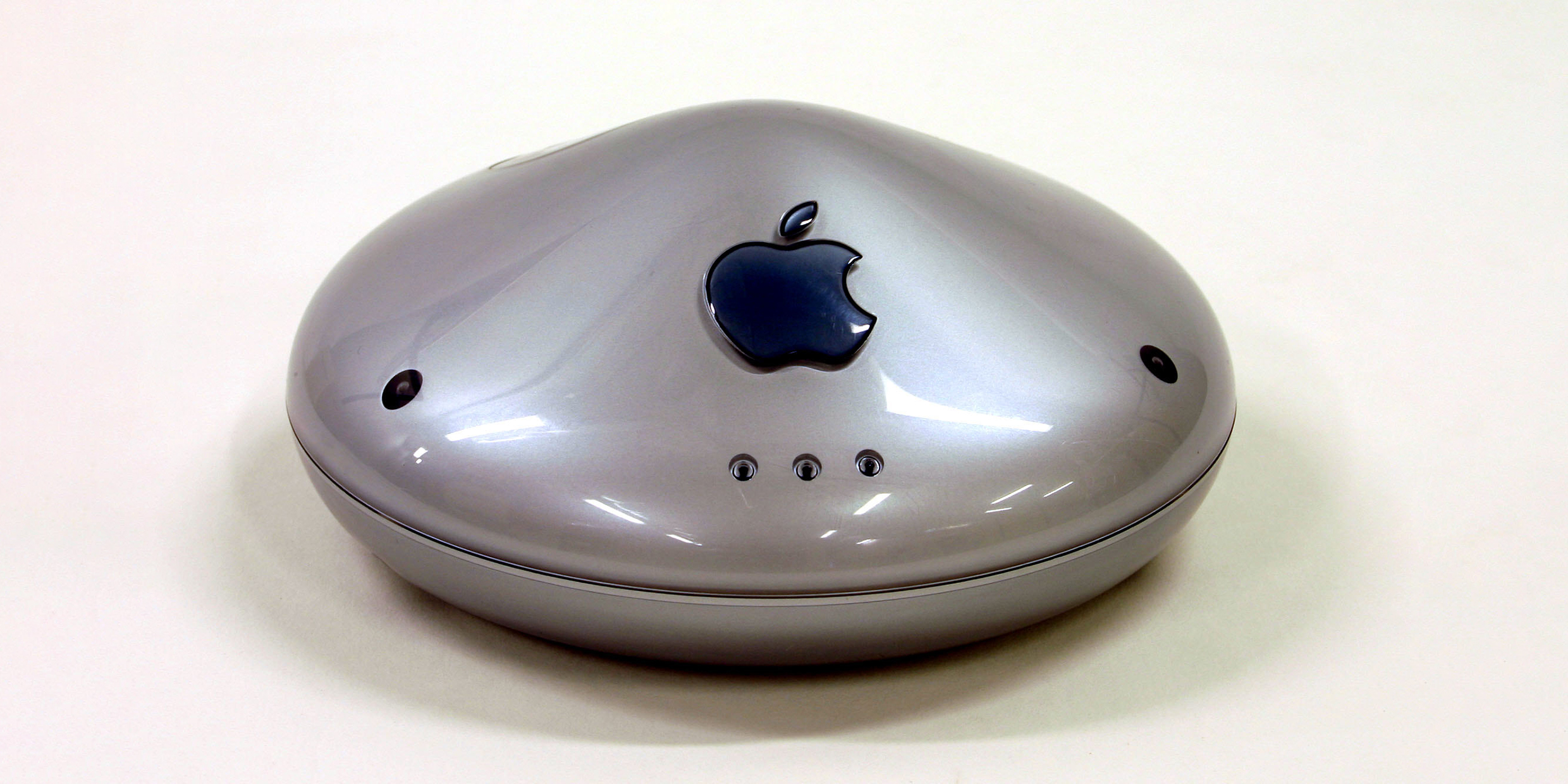Originally published 24 October 2000
I’m wired. Or I should say, I’m wired wireless.
For my birthday, my wife and son gave me an Apple AirPort—high-speed wireless technology that connects my Mac laptop to the Internet from anywhere in the house or yard. I can read Science and Nature from the backyard deck. I can check out crossword clues while reclining on the couch. I can listen to Irish radio stations on streaming audio while reading in bed.
The whole thing is networked, along with my wife’s desktop iMac, to the printer and cable modem. TCP/IP. Subnet Mask. Direct Sequence Spread Spectrum. Ethernet Hub. I could never have figured out how to do it myself. Without my son’s technical expertise, I’d have been dead in the water.
It’s a hot little system, and I must say that I’m enjoying it.
It’s hard to believe that only 10 years ago the Internet was the exclusive property of scientists, academics, and a few high-school computer nerds.
Then suddenly the Internet surged into the public domain. For a while there was talk of the whole thing crashing — more traffic than the system could bear. But somehow — mysteriously for most of us — the electronic infrastructure appeared. I don’t understand fully how the Internet works — either physically or economically — and I don’t know anyone who does fully understand how it works. But here I am in the year 2000 sitting at the kitchen table wirelessly ordering books from Amazon and airplane tickets from Travelocity.
I can read reviews of books I want to buy. I have as much flight info at my fingertips as my travel agent. When I went to buy a new car recently, I had read a dozen independent reports on its quality and safety, and I knew exactly the minimum I would have to pay. I probably know as much about my medical problems as my doctor (although I defer to his experience). I know exactly where along its route is the package I sent by FedEx. I can check my college library catalog from home, and read almost any magazine or newspaper. And literally, if I wanted to pursue it, I have access to the private lives and enthusiasms of millions of people worldwide.
In short, I have available more information than I could assimilate in a lifetime. The Internet is a vast, sprawling universe of information both useful and frivolous, authoritative and foolish, elevating and degrading. The problem is no longer that the Internet might crash from overload; the problem is that we might crash.
We are in danger of infoparalysis.
Make no mistake: The Internet is a boon to me personally and probably a boon to humankind. It means I can research and write from anywhere in the world (I’m as plugged in on a tropic island as if I were in the Harvard University Library). And the borderless, uncensored anarchy of the Internet is certainly bad news for totalitarian regimes and purveyors of parochial prejudice.
The Internet liberates the individual from those privileged few who previously held the keys to information — dictators, priests and mullahs, doctors, lawyers, travel agents, car dealers, establishment scientists — and that’s exciting. It also sets the individual adrift on an ocean of information without compass or map, and that’s scary.
The rush to connect kids to the Internet in schools is exactly the wrong approach, at least in the developed countries. School should be the place to acquire the compass and the map — a moral compass and an intellectual map. It should be the place to learn that information is amoral; it’s what we do with information that will either enrich or impoverish our lives and the lives of others. And it’s the place to learn that not all information is equally reliable — that a peek though a telescope or microscope at the real world can be a more trustworthy trip to truth than a week on the Web.
I would rather see a classroom with globes and maps and growing plants and art and books and music and a compassionate, knowledgeable teacher than all the technology in the world. Let the kids learn who they are and where they have come from, then go surfing on their own time. They will bring more to the Web and take more from it.
My new wireless connection to the Internet is certainly convenient and fun. It connects me more fluidly and effortlessly to the Internet than ever before. But I know that these new technologies make it all the more important that I take myself with increasing frequency beyond the range of the AirPort’s seductive signal — into the woods, meadows, libraries, cafes. I know it means spending more time in conversation with real human beings, family and friends. And most of all, I know it means time alone, in silence and solitude, thinking about who I am, what I want to know, and why I want to know it.



